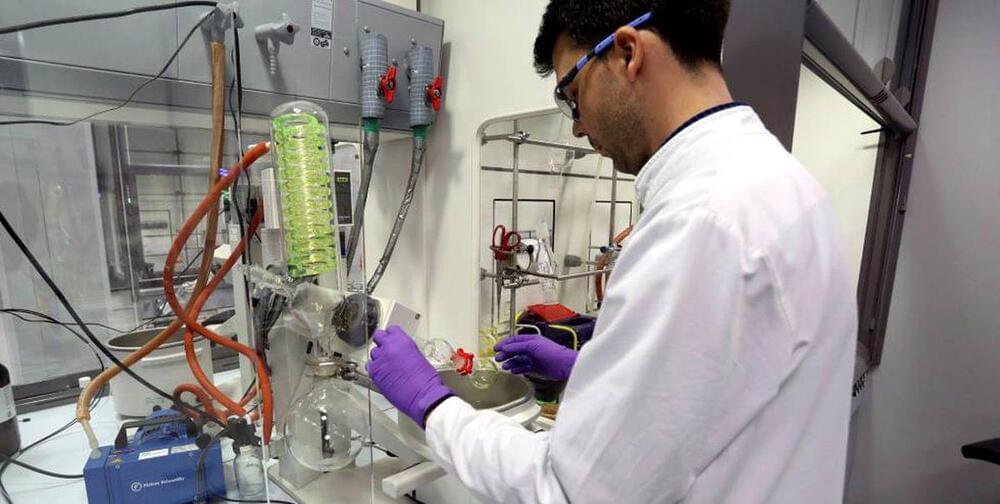A futuristic Pill will soon have the ability to fix any issue with the Human body, cure any disease and even make you live longer. This advancement in Biology is made possible with the help of Artificial Intelligence in the form of Google’s Alphafold 2.0 which solved Protein Folding and created a huge medical database of all proteins for all scientists and researchers to use for free.
Protein folding is the physical process by which a protein chain is translated to its native three-dimensional structure, typically a “folded” conformation by which the protein becomes biologically functional. People like David Sinclair are using it to increase longevity and create future medicine and pills to give human actual superpowers.
–
If you enjoyed this video, please consider rating this video and subscribing to our channel for more frequent uploads. Thank you! smile
–
TIMESTAMPS:
00:00 A “Once in a Lifetime” Invention.
00:59 What is Protein Folding?
03:48 How AI Revolutionized the Medical Industry.
05:58 What this means for the future of Medicine.
08:07 Current Problems with AlphaFold 2.0
09:07 Last Words.
–
#longevity #medicine #proteins


